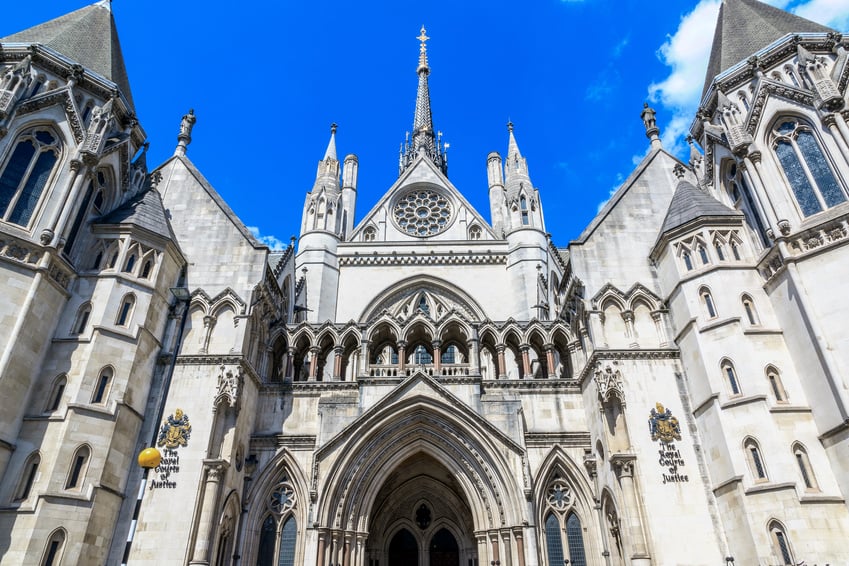The EAT has held that an employer could not rely on the defence under the Equality Act that it had taken all reasonable steps to prevent harassment, as its diversity training had become “stale”. The EAT confirmed that when looking at whether the step relied on by the employer, here diversity training, was reasonable, “it is not sufficient merely to ask whether there had been training, consideration has to be given to the nature of the training and the extent to which it was likely to be effective.”
As part of a series of podcasts from our ESG Debt & Equity group, this podcast focuses on sharing helpful tips and insights for those considering undertaking ESG-related bonds and loans.
The next in series of our ESG Debt & Equity group podcasts focuses on the growth of the green bond market, the 144A liability concerns associated with these and buy-side incentivization. This topic was also produced as an article, available to download here.
The Hong Kong Monetary Authority (HKMA) has been increasingly active in promoting green and sustainable finance in Hong Kong. Adopting a three-phase approach, the HKMA has developed a common assessment framework to assess the “greenness baselines” of HKMA-authorized banks and deposit-taking institutions (authorized institutions or AIs) and completed a first round of self-assessments of AIs (Phase I). It has also moved to Phase II which involves the development of climate risk management-related supervisory requirements for AIs. An industry consultation on supervisory requirements is expected in 2021 (possibly within the first half). Phase III (implementation and compliance monitoring) will follow once targets have been set.
The Canadian government plans to introduce legislation this year to regulate social media companies, with a focus on online hate and harassment. After nine months of study and deliberations, the Canadian Commission on Democratic Expression has settled on a series of principles and recommendations that are aimed at influencing legislation.
The Black Lives Matter movement, accelerated by the murder of George Floyd, sparked a global awakening to racial disparities in society. Impassioned protests were promptly followed by donations to non-governmental organisations and corporate statements of allyship. Over nine months on from George Floyd’s death in May 2020, we explore what long-term impact this epiphany could have for employers, the workforce, and employment law.
As part of a series of podcasts from our ESG Debt & Equity group, this podcast focuses on sharing helpful tips and insights for those considering undertaking ESG-related bonds and loans.
The next in series of our ESG Debt & Equity group podcasts focuses on the growth of the green bond market, the 144A liability concerns associated with these and buy-side incentivization. This topic was also produced as an article, available to download here.
The Hong Kong Monetary Authority (HKMA) has been increasingly active in promoting green and sustainable finance in Hong Kong. Adopting a three-phase approach, the HKMA has developed a common assessment framework to assess the “greenness baselines” of HKMA-authorized banks and deposit-taking institutions (authorized institutions or AIs) and completed a first round of self-assessments of AIs (Phase I). It has also moved to Phase II which involves the development of climate risk management-related supervisory requirements for AIs. An industry consultation on supervisory requirements is expected in 2021 (possibly within the first half). Phase III (implementation and compliance monitoring) will follow once targets have been set.
The Canadian government plans to introduce legislation this year to regulate social media companies, with a focus on online hate and harassment. After nine months of study and deliberations, the Canadian Commission on Democratic Expression has settled on a series of principles and recommendations that are aimed at influencing legislation.


